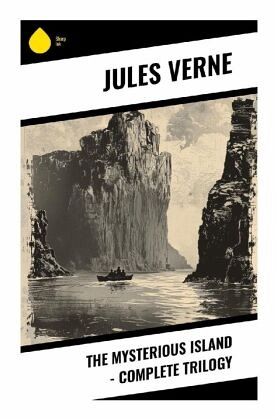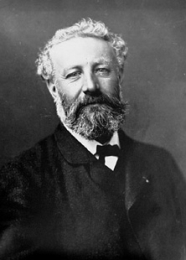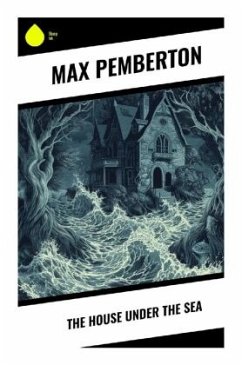
The Mysterious Island - Complete Trilogy

PAYBACK Punkte
0 °P sammeln!
In "The Mysterious Island - Complete Trilogy," Jules Verne masterfully intertwines adventure, science, and human resilience within a richly descriptive narrative, showcasing his signature style that blends meticulous attention to detail with imaginative exploration. The trilogy follows a group of castaways who, after escaping captivity in a balloon, find themselves stranded on an uncharted island. As they confront both the challenges of their unfamiliar environment and the intricate puzzles it holds, Verne's portrayal of ingenuity, survival, and camaraderie highlights the intersection between ...
In "The Mysterious Island - Complete Trilogy," Jules Verne masterfully intertwines adventure, science, and human resilience within a richly descriptive narrative, showcasing his signature style that blends meticulous attention to detail with imaginative exploration. The trilogy follows a group of castaways who, after escaping captivity in a balloon, find themselves stranded on an uncharted island. As they confront both the challenges of their unfamiliar environment and the intricate puzzles it holds, Verne's portrayal of ingenuity, survival, and camaraderie highlights the intersection between nature and human innovation, reflecting the scientific optimism of the late 19th century, a hallmark of the adventure genre. Jules Verne, often regarded as the father of science fiction, drew inspiration from his extensive knowledge of geography, engineering, and adventure. His adventurous spirit and fascination with the unknown propelled him to explore unknown territories within his stories. "The Mysterious Island" stands as a testament to his profound interest in the complexities of nature and the resilience of the human spirit, channeling his belief in human ingenuity against the odds. This trilogy is highly recommended for readers seeking not only thrilling escapades but also philosophical reflections on the human condition. Verne's foresight and imagination are bound to engage modern readers, establishing connections between the trials of his characters and contemporary dilemmas faced by humanity.














